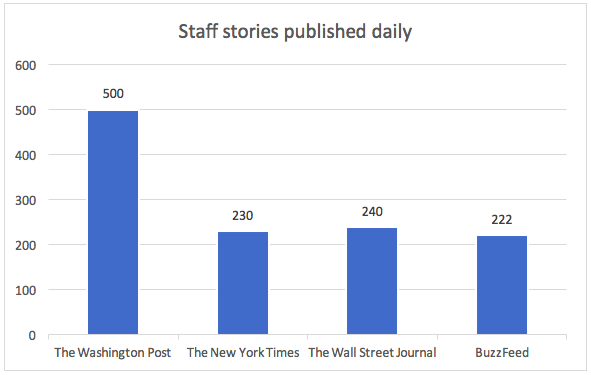With increased pressure to write more copy and even more pressure to write said copy as quickly as possible, journalists find themselves with the dilemma of where to start when it comes to research. Like many of us, the first port of call is Google, which is where the often-misunderstood relationship between PR and SEO often begins. All your hard work pushing commentary, insights and sound-bytes for clients who are experts in their chosen field can often be usurped by a company not making it on to page 1 (or 2 at a stretch) of a google search for their service, offering or technology.
All your hard work pushing commentary, insights and sound-bytes for clients who are experts in their chosen field can often be usurped by a company not making it on to page 1 (or 2 at a stretch) of a google search for their service, offering or technology.
It doesn’t have to be this way. In fact, there are ways to mitigate this risk and develop a harmonious relationship between your PR efforts and page ranking on Google and that starts with your website.
When calculating where a page ranks on an organic search, Google takes in to account more than 200 “signals”, among them page relevance, backlinks, site speed HTTPS, social signals and fresh content.
Any one of these can play a role in where your home page sits on a Google search but there are ways in which you can put yourself and your site in the shop window to rank higher.
Here are five ways in which you can improve your site ranking:
- Publish Relevant Content: Quality content is of paramount importance on any website and is also the number one driver of search engine rankings. In the SEO world, quality content that is created with your end user in mind, is King. Great content can increase site traffic and in doing so improve the relevance and authority of your website.
- Develop a keyword phrase for each page on your site. Think about how your reader (or journalist) might search for that specific page e.g. “data transformation specialists in the UK”. Once you have pin pointed this, repeat the phrase several times – once or twice at the beginning and end of your page and then a further two to four times throughout the remaining content.
- A note of caution on this point; never sacrifice the quality of your writing purely for SEO. The best pages are always written with the user in mind!
- Update Your Content Regularly: How regularly you update your site with fresh content is an important factor in how a search engine measures the relevance of your site. Don’t be shy in updating your site with relevant and timely content!
- Metadata: Each page within your website contains a space between the <head> tags for metadata, or information about the contents of your page.
- Title Metadata: Title metadata is the most important metadata on any page as it provides the page titles displayed at the top of your browser.
- Description Metadata: Description metadata is the textual description used by a browser in your page search return. It is almost like your shop window, filled with an interesting description of your site, with the aim of encouraging people to visit
- Keyword Metadata: Keyword metadata are the search phrases that people type when they want to find your page. You’ll want to include a variety of phrases. Too much of thing can be a bad thing when it comes to keyword metadata so proceed with caution and don’t overdo it. A good rule of thumb is to limit yourself to no more than 8 phrases
- Use alternative text descriptions (Alt tags): Make sure to describe any videos or visuals using alt tags. Alt tags allow a search engine to locate your page
- Linking from your site: Including relevant links from your site within the text and using the name in the destination (think “take me there” versus “customer services”) can help to improve search ranking. Links that are rich in keywords will improve your search engine ranking as well as the one you are directing users to.
There you have it. Straightforward and some might say common sense for the most part, but from my experience following the simple steps listed above may make a much greater impact on your PR efforts that you thought possible.
Need help navigating the world of SEO? We can help.



